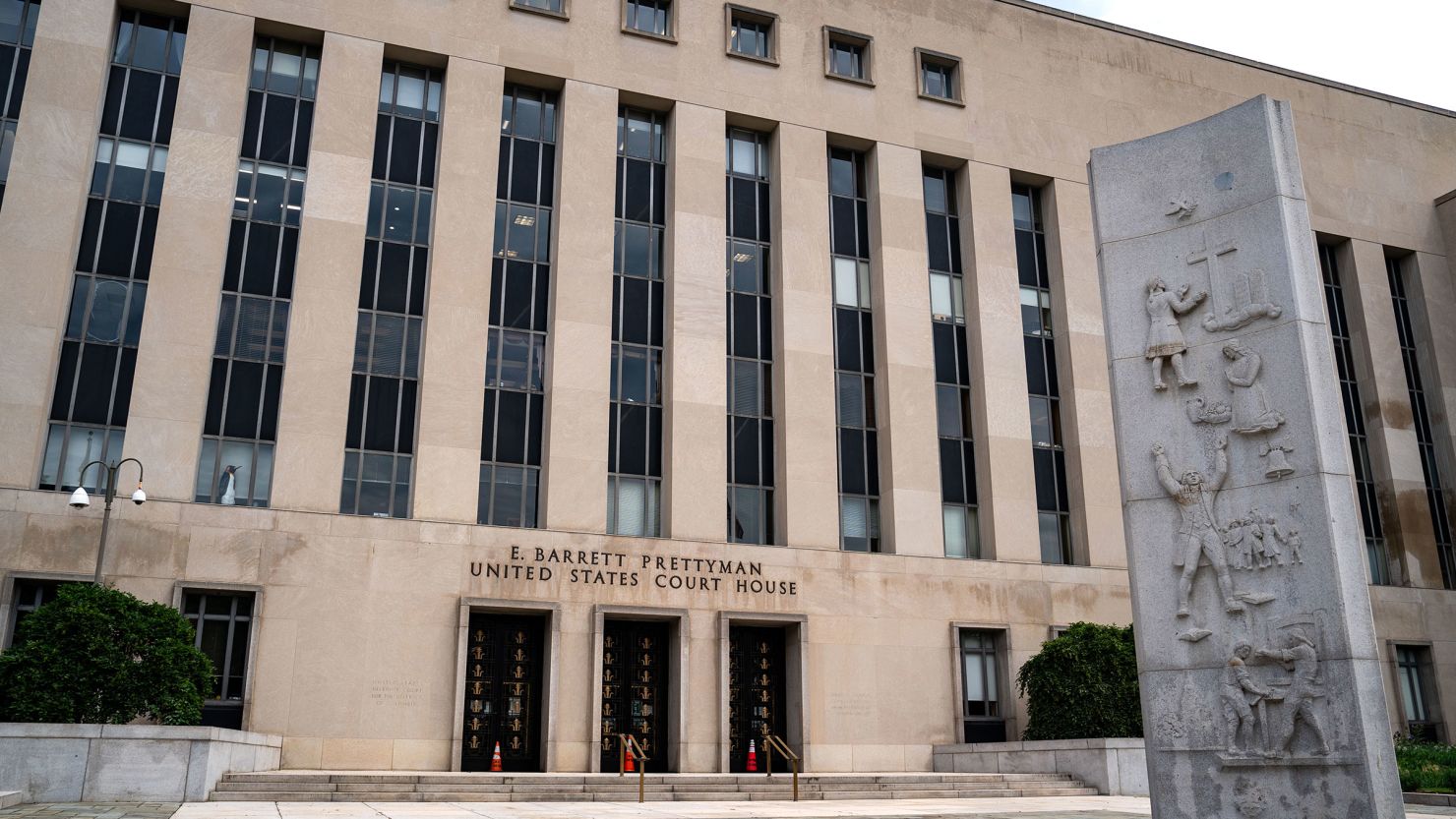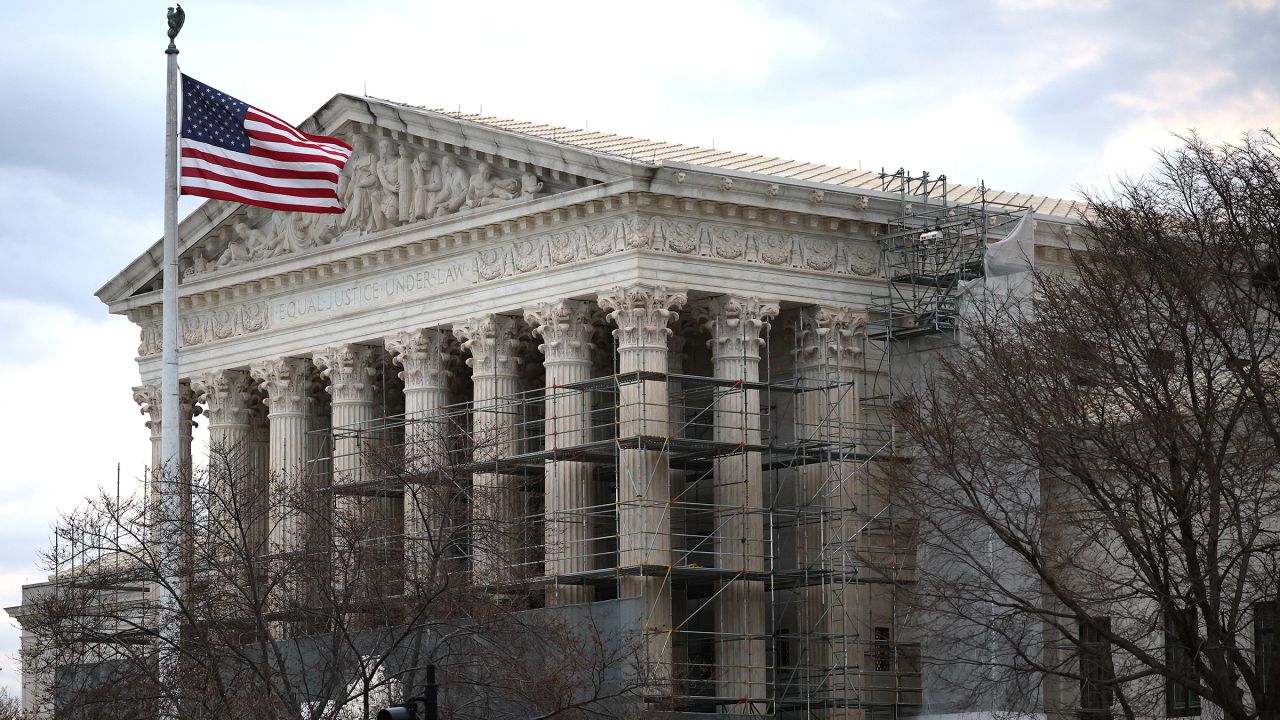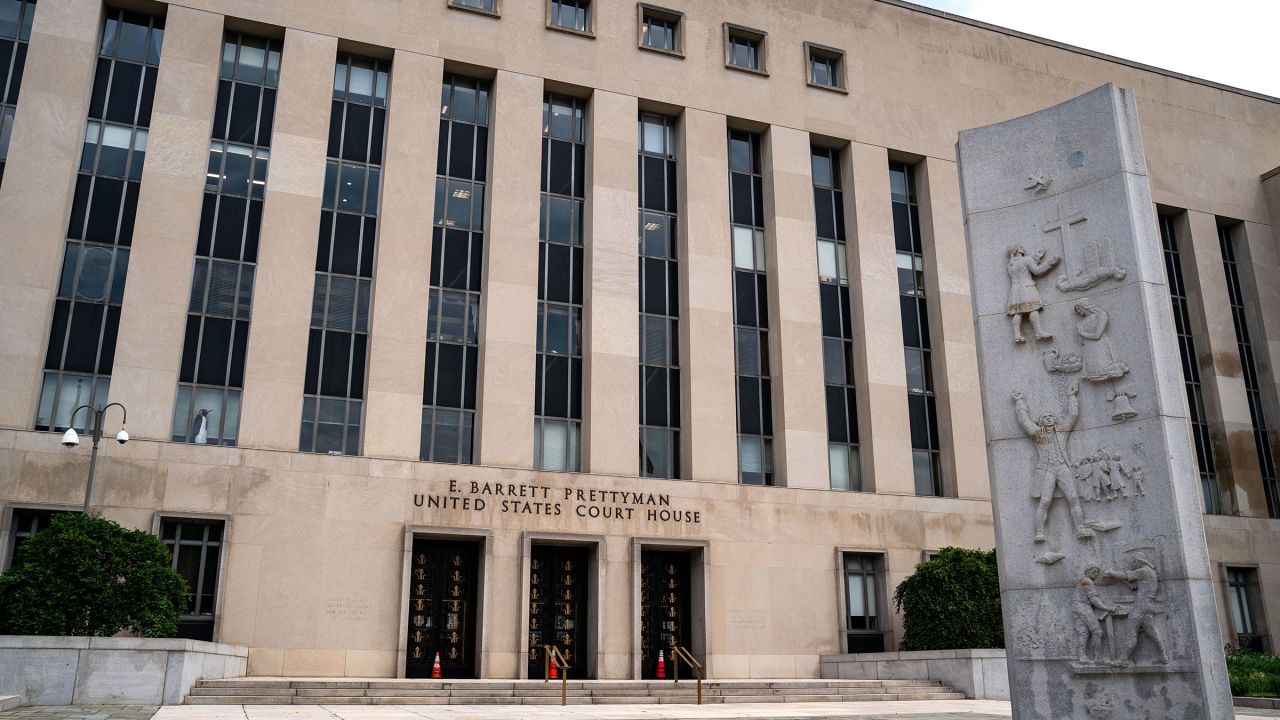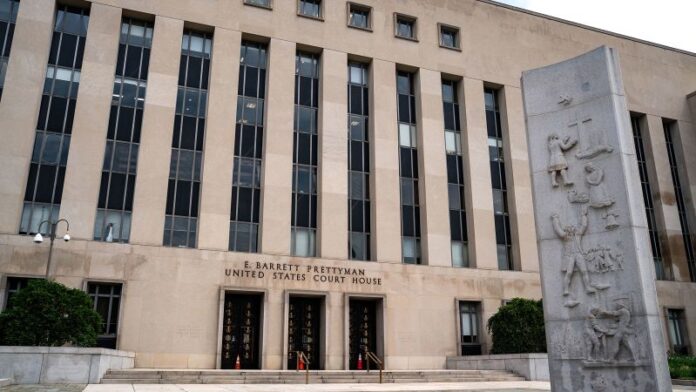“Battling the Border: A Look Inside the Federal Appeals Court Hearing on Trump’s Use of the Alien Enemies Act” In a landmark case that has sparked intense debate and raised crucial questions about national security and immigration, the US federal appeals court recently held a high-profile hearing on former President Donald Trump’s use of the Alien Enemies Act. As the nation grapples with the complexities of border control, international relations, and individual rights, this case provides a unique glimpse into the intricacies of the law and its impact on our country’s future.
Notice and Hearing Boards

A significant concern raised during the appeals court hearing was the lack of notice and hearing boards for individuals targeted by Trump’s proclamation. This omission has serious implications for due process rights. Judge Patricia Millett, an appointee of former President Barack Obama, voiced her concern about the deprivation of due process rights, stating that even Nazis removed from the US decades ago under the Alien Enemies Act were afforded more rights than the foreign nationals challenging Trump’s use of the law.
Millett emphasized that there were no procedures in place to notify people, and no hearing boards were established before people were removed. She pointed out that individuals were not given notice of their removal or told where they were going, highlighting the stark contrast with the treatment of Nazis who were removed under the Alien Enemies Act.

The DOJ’s Argument
No Notice Necessary
The DOJ argued that those accused of being gang members are not entitled to notice of their removal. When pressed by Judge Millett about whether the DOJ agrees that the accused gang members are “entitled to notice that they are being removed based” on their classification as alleged gang members, Ensign said he didn’t think that was necessary.
This stance raises concerns about the lack of transparency and accountability in the removal process. By denying individuals notice of their removal, the DOJ is effectively stripping them of their right to challenge the government’s allegations and defend themselves against removal.

Habeas Complaints
The DOJ suggested that individuals can raise challenges to their removal through habeas complaints, rather than a wholesale challenge to Trump’s proclamation. This approach would require individuals to file separate complaints, rather than allowing them to challenge the proclamation as a whole.
This approach has been met with skepticism, as it may not provide an adequate avenue for individuals to challenge the government’s allegations and defend themselves against removal. Furthermore, it may lead to a fragmented and inefficient process, with multiple complaints being filed and heard separately.

Implications and Analysis
The Role of the Courts
The appeals court hearing highlighted the crucial role of the courts in reviewing Trump’s use of the Alien Enemies Act. The court’s decision will have significant implications for the administration’s authority and the due process rights of individuals targeted by the proclamation.
The court’s ruling will determine whether the administration’s use of the Alien Enemies Act is lawful and whether individuals have a right to challenge their removal. A ruling in favor of the administration could embolden the government to use the law more broadly, potentially leading to further erosion of due process rights.

The Future of the Case
The outcome of the appeals court’s ruling is uncertain, and it is unclear how quickly the ruling will come. However, the implications of the ruling will be far-reaching, and could have significant consequences for the individuals targeted by Trump’s proclamation.
If the court rules in favor of the administration, it could lead to the swift removal of individuals from the US, potentially without adequate due process protections. On the other hand, if the court rules against the administration, it could lead to a more nuanced and balanced approach to removal proceedings, one that takes into account the due process rights of individuals.
Conclusion

In conclusion, the federal appeals court hearing on Trump’s use of the Alien Enemies Act has shed light on the contentious debate surrounding the President’s authority to detain and deport non-citizens deemed a national security threat. The key takeaway from the hearing is that the court is grappling with the delicate balance between national security concerns and individual liberties, with the Justice Department arguing that the Act grants the President sweeping powers to detain non-citizens, while civil liberties groups contend that such actions violate due process and constitutional rights.

The significance of this case cannot be overstated, as it has far-reaching implications for the future of immigration policy, national security, and the limits of executive power. The court’s ultimate decision will have a profound impact on the lives of countless individuals, including those detained at the border, and will set a precedent for future administrations. Moreover, this case serves as a stark reminder of the importance of judicial oversight in ensuring that the executive branch does not overstep its authority.

